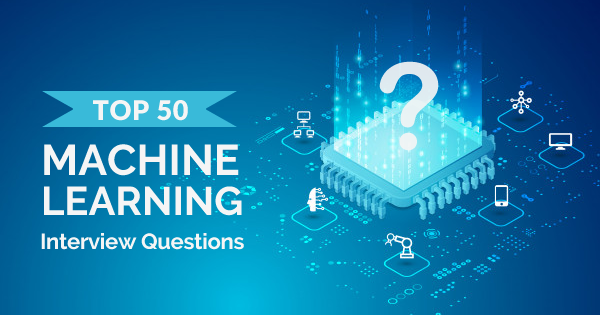AI/ML Interview Questions

Welcome to our in-depth guide on mastering AI/ML interviews! Whether you’re a seasoned AI/ML practitioner looking to refine your skills or an aspiring data scientist preparing for interviews, this tutorial series is designed to be your ultimate resource for AI/ML interview questions. In the upcoming sections, we’ll cover a broad range of topics, from the foundational principles of AI/ML to advanced concepts that interviewers frequently explore.
As the fields of Artificial Intelligence (AI) and Machine Learning (ML) continue to reshape industries and technologies, the demand for skilled professionals in these domains is at an all-time high. Employers are seeking candidates who not only understand the theoretical underpinnings of AI/ML but can also apply their knowledge to real-world problems.
Why AI/ML Interviews Matter:
Before diving into the interview questions, let’s recognize the significance of mastering AI/ML interviews. AI/ML professionals play a crucial role in developing intelligent systems, predictive models, and data-driven solutions. Excelling in interviews is essential for demonstrating your ability to navigate complex algorithms, leverage advanced statistical techniques, and contribute effectively to AI/ML projects.
What to Expect in this Tutorial Series:
- Foundations of AI/ML: We’ll start with a review of the fundamental concepts, covering topics such as supervised and unsupervised learning, regression, classification, and clustering. Understanding these basics is key to building a strong foundation for more advanced topics.
- Machine Learning Algorithms: Delve into questions related to popular machine learning algorithms, including linear regression, decision trees, support vector machines, and neural networks. Explore their applications, strengths, and weaknesses.
- Deep Learning: Explore the world of deep learning, including questions on neural network architectures, convolutional neural networks (CNNs), recurrent neural networks (RNNs), and transfer learning. Understand how to apply deep learning to various tasks.
- Feature Engineering and Model Evaluation: Learn about feature engineering techniques, model evaluation metrics, and strategies for optimizing machine learning models. This section focuses on the practical aspects of preparing data and assessing model performance.
- Natural Language Processing (NLP): Dive into questions related to NLP, covering topics such as tokenization, named entity recognition, sentiment analysis, and language models. Understand how to apply NLP techniques to extract meaningful insights from textual data.
- AI Ethics and Bias: As AI/ML practitioners, it’s crucial to address ethical considerations and biases in machine learning models. Explore questions related to fairness, transparency, and responsible AI practices.
Conclusion:
By the end of this tutorial series, you’ll be well-prepared to tackle AI/ML interviews with confidence. Each section will provide you with a deep dive into specific aspects of AI/ML, allowing you to showcase your expertise in the field. Remember, AI/ML interviews often involve practical problem-solving, so be ready to apply your knowledge to real-world scenarios. Let’s embark on this journey to mastering AI/ML interviews together!
